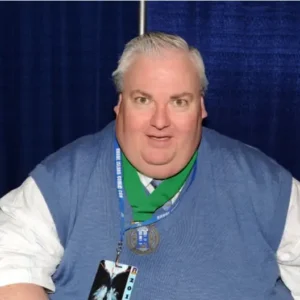CNN’s outspoken data expert employed a vivid analogy to characterize President Donald Trump’s historic first term amid an unprecedented upheaval in global trade and tariffs. Amid the start of Trump’s second term, there were growing concerns that Washington, D.C. might resist his influence if lawmakers began viewing him as a lame duck with only four years remaining in office. However, as Harry Enten explained on Tuesday, that expected challenge has not materialized.
“He ain’t no lame duck. If anything, he’s a soaring eagle,” the analyst declared before addressing the record-breaking 111 executive orders signed by Trump in his first 100 days. “That is the most at this point in a presidency in at least a hundred years! In fact it’s the most in any single year and we’re only at in April, since Harry S. Truman in the early 1950s. The bottom line is: Whether you like Trump or you don’t like him, you can’t say that he’s come in and not tried to deliver on at least what he believed were his promises on the campaign trail and he’s doing so in historic fashion.”
Trump’s executive orders have been unprecedented in their speed and scope. A recent CNN survey found that 86% of respondents believe they have never witnessed anything like his approach to presidential power in the second term. “I think what the American people recognize here is he’s doing something completely different,” Enten noted further, adding that the large majorities stretch across partisan lines.
“Again, you can agree or you can disagree with Donald Trump. But what you can’t disagree with is he’s doing things very differently. I have used the Frank Sinatra quote before: He is doing it ‘my way’ and that is what Donald Trump has done throughout both of his presidential terms,” he said. Enten’s outreach to President Trump can be viewed as an effort to curry favor with the new administration after experiencing pushback during his first term.
White House correspondent Jim Acosta drew more headlines during Trump’s first term for his controversial conduct during press briefings than for his actual reporting. Recognizing the issue, CNN executives later reassigned Acosta to a late-night slot, and he ultimately chose to resign rather than continue working in what he dubbed the “Siberia” of cable news programming.





